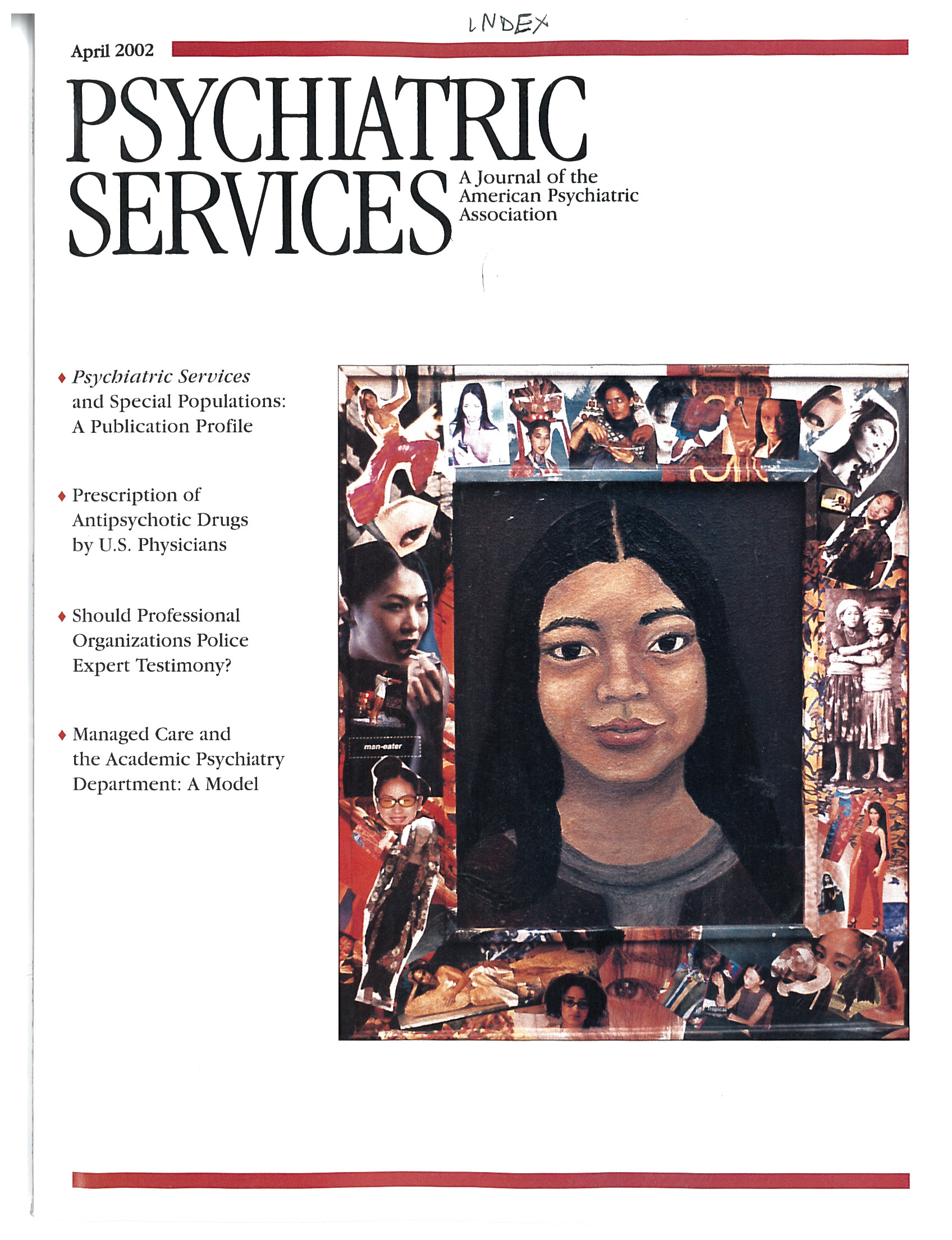In 1977, psychiatrist George Engel wrote a seminal piece that brought the biopsychosocial model to mainstream medicine (
1). In
Integrity and Personhood, ethicist Roberta Springer Loewy brings the biopsychosocial model back to medicine for another look. Loewy contends that current medical practice is limited by a "standard approach" that overvalues autonomy and dry principles of medical ethics. She argues that the presuppositions behind commonly used principles must be examined and applied in the biopsychosocial context appropriate to each patient's care.
This is a direct criticism of what has been called the principlist approach to medical ethics, which is embodied in the widely used text by Beauchamp and Childress,
Principles of Biomedical Ethics (
2). Indeed, important movements in ethics have made their reputations by criticizing principlism: narrative ethics, the ethics of care, and communitarianism have all taken on this juggernaut of ethical analysis, now in its fifth edition. I am among those who argue that such criticisms have been well incorporated and rebutted in the recent editions of Beauchamp and Childress' text as well as in other writings (
3).
Loewy favors an alternative approach to patient care that draws on the writings of philosopher John Dewey. Dewey's model, broadly stated, espouses collaboration, openness to change, and a dynamic approach to problem solving that is familiar to psychiatry. It is hard to argue with an approach that Loewy translates into social sensitivity to the needs of individual patients, community involvement, and redress of social inequities.
Loewy uses a careful, illustrative, and case-based approach to show how Dewey's model would enrich the care of three patients: an elderly indigent man, a transplant candidate whose chances of survival are low, and a nursing home resident who has no family. She paints a stark picture of how mainstream medicine (and the "standard approach") treats such patients—too stark, some will think, in this era of multidisciplinary treatment teams, social work, and visiting nurses.
On occasion, the approach to psychiatry in this book is peculiar. In addition to endorsing the controversial distinction between exogenous and endogenous depression, the author expresses the view that "there are circumstances in which depression is a most reasonable emotional response, so much so that its lack might actually be construed as an inappropriate or unreasonable emotional response." This spin on what truly constitutes disease is a throwback that many in psychiatry have been trying assiduously to overcome.
Loewy concludes with strong advocacy for improving health care delivery to vulnerable patients and an ethics workup that is practical and easy to read.
Psychiatrists will most likely be comfortable with this book's application of the biopsychosocial framework to ethics, and other specialties could bear to be reminded of it as well.

